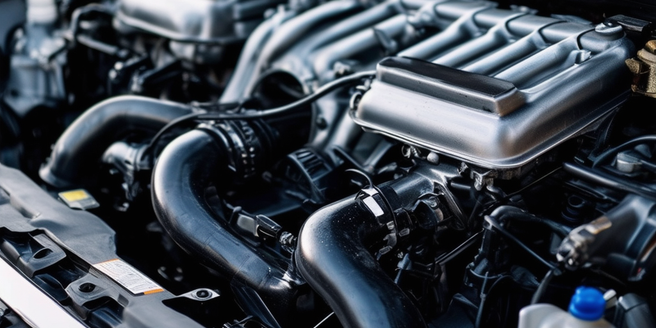
Understanding Auto Defect Lawsuits
Legal proceedings or lawsuits regarding auto defects are often sparked when a vehicle or one of its components is found to be fundamentally flawed, posing potential harm to consumers. Apart from causing physical damage, these defects might also result in psychological trauma. The implications of these proceedings don’t just concern personal injuries but also larger penalties on manufacturers. This holds manufacturers accountable and forces them to prioritize consumer safety, which leads to the production of safer vehicles. It underscores the important role such lawsuits play in protecting consumers and ensuring accountability. Moreover, these lawsuits deter manufacturers from compromising on safety for the sake of profits, making them prioritize vehicular safety over any other aspect.
Factors Influencing Compensation Amounts
There are various factors impacting compensation in auto defect lawsuits. The extent of a victim’s physical injury plays a key role, ranging from minor to life-threatening injuries. It also involves assessing the fault of the auto manufacturer – negligence or apathy can substantially increase compensation. Moreover, if injuries resulted in the victim being unable to work, lost income is accounted for. Medical expenses incurred by the victim due to the injury are also considered, as well as the extent of suffering and emotional distress experienced. Hence, each uniquely weighted factor shapes these awards, providing each case with the appropriate attention and justice.
Case Studies of Recent Auto Defect Lawsuits
Numerous significant auto defect lawsuits have come to the forefront in the past decades, illustrating accountability and legal implications for various involved parties. These cases range from minor defects to serious safety issues leading to severe injuries, and even fatalities. One significant case is the Takata airbag scandal. The Tokyo-based firm, Takata Corp, faced litigation for selling defective airbags that caused severe injuries and multiple fatalities. Besides Takata, several major automakers were implicated in this scandal, revealing the vast scope of such lawsuits. This lawsuit underlines the harmful effects of safety oversight in the automotive industry, and the crucial role of legal proceedings in holding corporations accountable, ensuring consumer safety, and defending consumers’ rights.
The Role of Legal Representation in Auto Defect Lawsuits
Professional legal representation is crucial in dealing with auto defect lawsuits for several reasons. Lawyers with knowledge and experience in these types of cases understand the technicalities and can effectively argue in favor of the plaintiff, defending their rights and interests. Furthermore, these legal experts carefully compile, review, and scrutinize all relevant evidence to identify any potential weaknesses and maximize strengths, aiding in building a compelling case. They also navigate through complex, interconnected laws, using their deep understanding of the legal landscape in forming effective strategies. Moreover, these attorneys handle negotiations with involved parties, utilizing their skills to secure a fair settlement for the client. All in all, legal professionals— with their understanding, evidence collection, ability to navigate complex laws, and negotiation skills— are vital for reaching a positive outcome in auto defect lawsuits, thus ensuring justice and appropriate compensation for plaintiffs.
Proving Fault in Auto Defect Cases
Establishing fault in automobile defect cases requires victims to demonstrate two key points: the defect’s existence before the vehicle’s purchase, not caused by the buyer’s misuse, thus implicating the manufacturer or distributor; and the failure of the manufacturer to warn about the defect, indicating victims lack the necessary information for safety. Specialized lawyers can help victims navigate such cases, gather evidence of the pre-purchase existence of the defect, reconstruct the incident, establish the defect as the harm’s direct contributor by understanding law and engineering. With adept legal representation, victims can argue the manufacturer’s negligence led to avoidable harm.
Future Trends in Auto Defect Compensation
The continuous advancement in automotive technology, particularly in future auto defect compensation trends, has profound implications. The transition from purely mechanical components to vehicles incorporating intricate systems and software adds complexity in identifying faults. Given the integration of physical and digital parts in modern vehicles, responsibility determination is evolving and becoming increasingly challenging.
As the dynamics of the automotive sector change, there’s an imperative to revise guidelines to address new challenges posed by technology. With a growing reliance on cutting-edge technologies, the future may require adaptation or modification of current rules, or entirely new ones. An increased emphasis is placed on law’s responsiveness to these changes, with a focus on protecting consumers and promoting public safety. Consequently, these changes will impact the procedures for automobile defect compensation.
